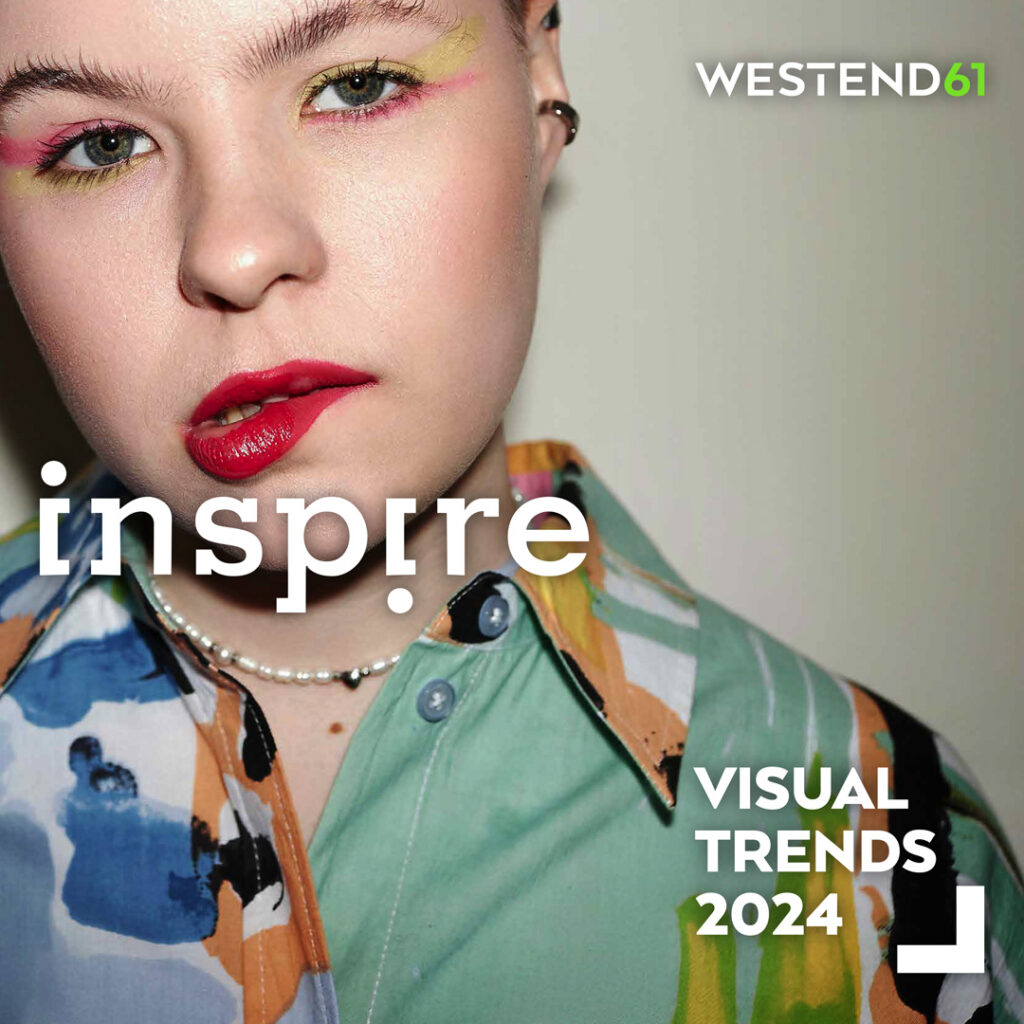“Millennial Parents”: The new parent generation
Social change in the wake of globalization and digitization has produced a new generation of parents: the “Millennial Parents,” already shaped by digital media in their youth. For them, being active in a networked world doesn’t contradict their roles as parents. They want to reconcile their profession, leisure activities, and circle of friends with their obligations as mothers and fathers.
In the context of the megatrend, Individualization, increasing social coldness, egotism, and lack of community spirit are often lamented. The high divorce rate and the increasing number of single households in Germany (and other European countries) are evidence of this. In the same breath, there are warnings—especially from the conservative church side—of the loss of the traditional family model as the core of state and society.
But that is only half the story: The duplication of lifestyles (“lifestyle diversity”) is hardly reflected in statistics, and a single quota of 20 percent also means that the other 80 percent live in multi-person households. And family is still very popular among the 16- to 35-year-old generation, but it doesn’t have to be the traditional, “normal” family. According to a survey by the Zukunftsinstitut, around 70 percent of the young men and women surveyed assume that they will have more than one child. Starting a family, therefore, remains a desirable goal for many young people.
Expanding the family concept
The new generation of “Millennial Parents” approaches the topic of parenthood and family more uninhibitedly than their predecessors. These young family starters are often more cosmopolitan and have seen more of the world at a young age than their parents. As a result, they also often have a broader range of interests, which they don’t want to neglect despite the personal limitations associated with starting a family: They want to travel farther and go out and enjoy cultural activities, certainly together with their children.
A distinguishing feature of “Millennial Parents” is their striving for a balanced relationship between career, free time, and family. Of course, there’s also the married couple with children, in which the husband earns the money and the wife mainly looks after the children. But, in addition, there are now various other forms of family coexisting equally: unmarried couples with children, homosexual couples with their own children, unmarried mothers with a new partner, and, of course, single parents.
This variety of family models makes it clear that community spirit and individuality don’t necessarily have to be contradictory. Rather, life in the networked world of the 21st century and the desire for a family are two sides of the same coin; the desire for a secure and protected place of retreat—one’s own family—is growing, especially at a time when the only constant seems to be change. However, due to the possibilities of social media, “Millennial Parents” often have a stronger relationship, exchange, and comparability with other families: The young parents share their everyday life in the networks, often also idealizing the stressful life of young parents.
Balancing children and career
The attitude toward life and the needs of “Millennial Parents” also have an effect on the world of work. Modern fathers don’t see themselves primarily in the traditional role of bread earners, but rather want to participate more in the life and upbringing of their children than previously. The compatibility of family and career has, therefore, become an important issue in the corporate culture of many companies. This is all the more true in times of full employment and a shortage of skilled workers; well-trained young parents who can choose between several attractive job offers will usually prefer the company that’s not looking for overtime champs and burnout hopefuls, but rather balanced employees with know-how and a stable family background. As a result, many companies—and not just large corporations but also an increasing number of medium-sized companies—are offering their employees relevant services, such as occasional childcare at the workplace or home office.
The state recognition and equality of same-sex partnerships, as well as the opening of marriage and adoption rights, has further intensified the trend toward differentiating the concept of family. The modern form of female emancipation efforts, which we recently discussed here under the term “Female Force,” also has an influence. It leads not only to young mothers demanding equal reintegration into the workplace after a pregnancy/maternity leave, but also to more and more young fathers taking a break from work in order to be able to temporarily take care of their offspring full-time. The introduction of the parental benefit has created an additional financial incentive for this and has also promoted the acceptance of this development by society as a whole.

Important for trade, advertising, … and photography
Because “Millennial Parents” don’t hide in the cozy, familiar home, but want to actively participate in life and enjoy it, they are also a sought-after consumer group. New products and offers are emerging around this group, such as baby and kids’ items that are specially designed for mobile use while traveling, and household services, such as online shopping for foodstuffs or flexible, bookable childcare options.
As a result, Millennial Parents’ attitude to life and needs are a broad field for advertising and advertising photography. The diversity of the ideas of family lived here goes hand in hand with a wide range of motifs. It is precisely the differentiation of motifs from previous role models that can create tension, for example, in pictures of fathers or mothers alone with their children, in same-sex relationships, or in couples from different continents and cultures.




















